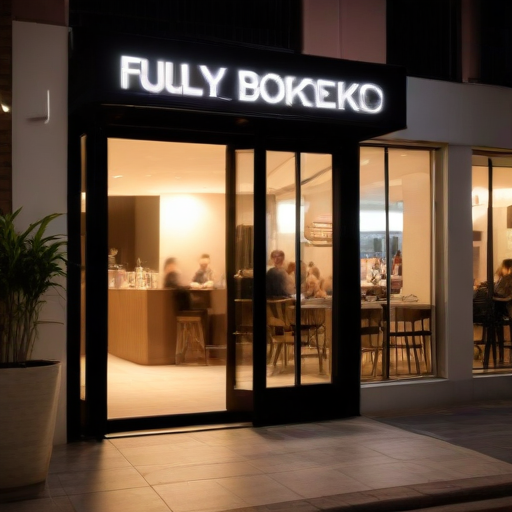Securing a reservation at New York City’s most sought-after restaurants has become increasingly difficult in recent years. The challenge of obtaining a table at these dining hotspots has escalated to new levels, making it nearly impossible for many food enthusiasts eager to indulge in the latest culinary trends.
Joel Montaniel, the CEO of the booking platform Sevenrooms, shared insights on this growing issue, noting, “There are some restaurants that people can’t get into.” He further mentioned that even restaurant owners have expressed frustration, lacking any tips to help diners secure a spot.
In response to this rising challenge, the New York state legislature recently passed a law banning third-party booking services like Appointment Trader, where individuals were reselling reservation slots for exorbitant prices, sometimes reaching $200. This practice of “scalping” reservations has drawn parallels to ticket sales for concerts and sporting events.
Melissa Fleischut, the President & CEO of the New York State Restaurant Association, hailed the legislation as a “major victory for the hospitality industry,” stating it would help ease reservation competition and protect restaurants from costly cancellations.
Despite these legislative efforts, the reality remains that the desire for exclusive and trendy dining experiences continues to outpace availability. Travel advisor Jaclyn Sienna India highlighted this trend, noting that “Post-COVID, everything is booked up. Every plane is full, every restaurant is full, every hotel is full,” indicating a significant shift in the market dynamics of luxury experiences.
India has spent 16 years running Sienna Charles, a concierge service for high-net-worth individuals, offering her clients exclusive access to restaurants and experiences. She noted a cultural shift away from traditional fine dining towards trendy spots that often serve as statuses of prestige rather than pure culinary appreciation.
For those interested in gaining exclusive access to some of New York’s hardest-to-get reservations, a focus on persistence and relationship-building with restaurants is essential.
In summary, while the barriers to dining at top restaurants in New York may seem daunting, new legislation and strategic approaches may pave the way for a more equitable dining experience in the future. The dining landscape continues to evolve, presenting both challenges and opportunities for food lovers looking to make their mark in the bustling culinary scene.
